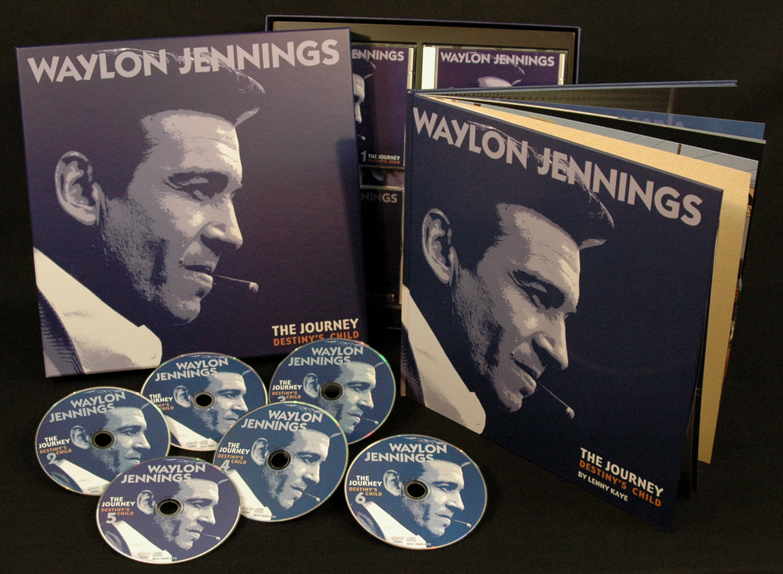
About the Song
Before he became the iconic face of outlaw country, Waylon Jennings was still carving out his place in Nashville. In 1966, he starred in the film Nashville Rebel, a movie that mirrored his own restlessness and desire to break free from the polished mold of the country music establishment. And right in the middle of that cinematic journey came “Green River”—a song that’s equal parts melancholy, mystery, and musical foreshadowing.
Set against the backdrop of the fictional story, “Green River” is more than just a performance. It’s a mood, a place, a feeling of being caught between the past and the future. Waylon’s voice—already rich with that unmistakable baritone—glides over a somber melody that conjures up lonely evenings, fading memories, and dreams that drift like water.
“Green River, I’ve come back to you…” he sings, not just to a place, but perhaps to a former version of himself. The lyrics carry a weight of longing, of someone searching for peace in familiar surroundings—but knowing deep down that nothing stays the same. It’s a powerful emotional thread for a young artist still finding his voice, and it hints at the depth and defiance that would later define Waylon’s best work.
Visually, in Nashville Rebel, the scene complements the song with simplicity and stillness, letting the music do the talking. There’s no flash, no bravado—just a young Waylon, guitar in hand, and a story to tell.
Looking back, “Green River” holds a special place in Jennings’ discography. It may not be as rebellious as the hits that followed, but it’s a quiet cornerstone of his legacy—a moment when the outlaw was still a dreamer, standing on the edge of everything that was to come.